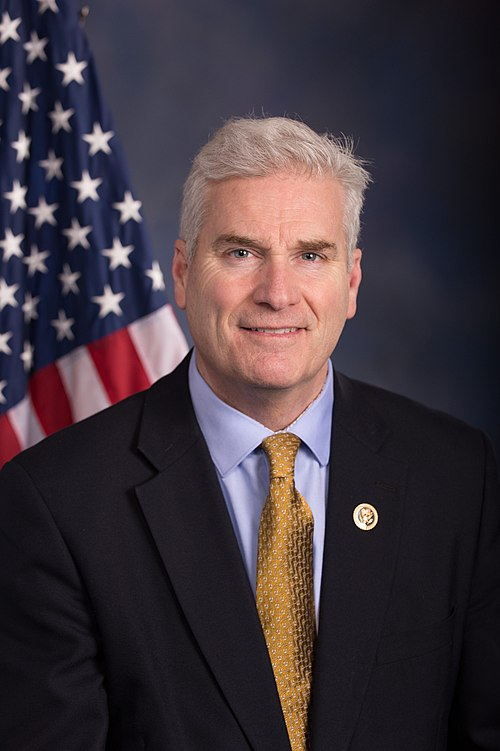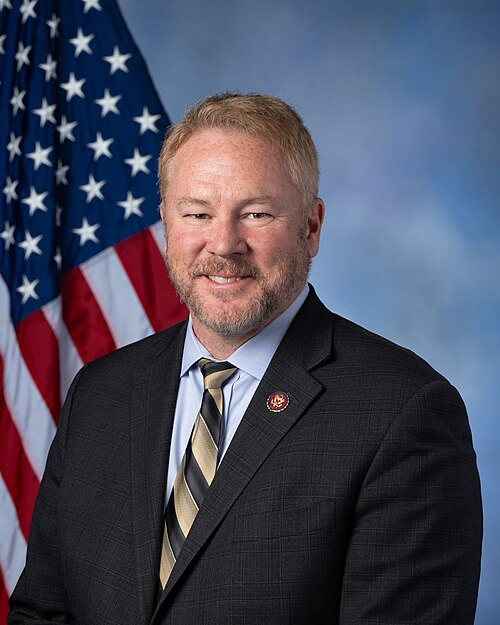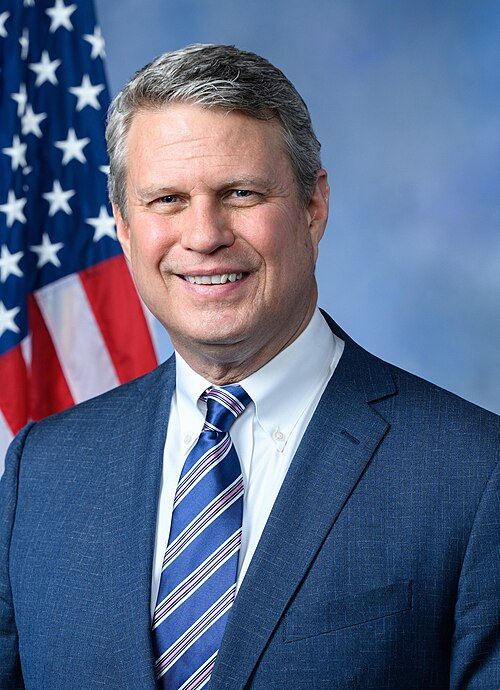H.R. 3533: Blockchain Regulatory Certainty Act
This bill, known as the Blockchain Regulatory Certainty Act, aims to establish clear legal guidelines for certain blockchain developers and service providers. Here’s a breakdown of the key components:
Safe Harbor Provisions
The legislation provides a "safe harbor" for non-controlling blockchain developers and providers of blockchain services. This means that:
- These entities will not be classified as money transmitters or financial institutions under state or federal law, as long as they do not have control over the digital assets of users.
- Control in this context is defined as having the legal right or authority to initiate transactions involving digital assets without needing approval from another party.
Exemptions from Licensing and Registration
The bill specifies that non-controlling blockchain services and software developers will not be subject to licensing or registration requirements that typically apply to financial institutions. This aims to reduce the regulatory burden on developers and encourage innovation in the blockchain space.
Impact on Existing Laws
- The bill clarifies that it does not change any laws related to intellectual property.
- States can still enforce laws that align with this legislation, but no legal actions or liabilities can be imposed that contradict the safe harbor provisions outlined in the bill.
Definitions
The bill includes specific definitions to clarify terms used:
- Blockchain Developer: Any individual or business that creates, maintains, or distributes software for blockchain networks or services.
- Blockchain Network: A system where computers collaborate to confirm the state of a program and allow user participation without proprietary licensing.
- Blockchain Service: Any service that enables users to access a blockchain network, including those that allow the exchange or storage of digital assets.
- Control: The authority to initiate transactions involving digital assets independently, without needing consent from anyone else.
- Digital Asset: Intangible property that can be owned and transferred without relying on intermediaries.
Conclusion
This bill seeks to create a more predictable and supportive regulatory environment for blockchain developers and service providers who do not control user assets, potentially fostering innovation and growth in the blockchain sector.
Relevant Companies
None found.This is an AI-generated summary of the bill text. There may be mistakes.
Sponsors
5 bill sponsors
Actions
2 actions
| Date | Action |
|---|---|
| May. 21, 2025 | Introduced in House |
| May. 21, 2025 | Referred to the House Committee on Financial Services. |
Corporate Lobbying
0 companies lobbying
None found.
* Note that there can be significant delays in lobbying disclosures, and our data may be incomplete.
Potentially Relevant Congressional Stock Trades
No relevant congressional stock trades found.




